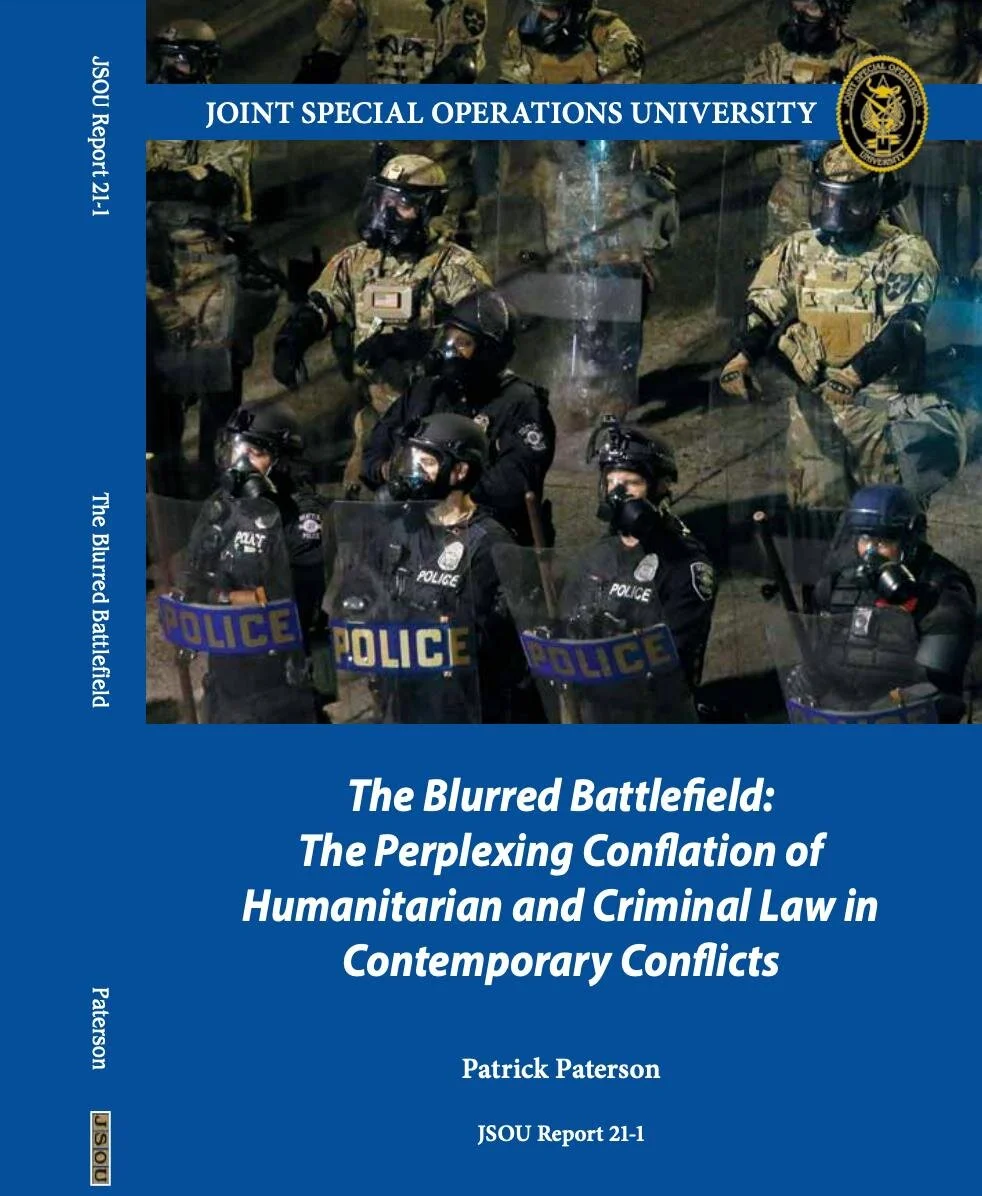It's an irony: The U.S. military spends billions to train partner nations on "military professionalism," even while the term remains undefined and poorly understood by U.S. military leadership and personnel. My newest article, published in the Journal of Military Ethics, addresses this conundrum.
Here's an excerpt:
The effort to professionalize partner nation military forces is a critical element of both U.S. security strategy and foreign policy. The U.S. and many European nations hope to construct a network of professional military forces across the globe that can respond to complex twenty-first century security challenges. In Afghanistan, for example, NATO countries have spent billions of dollars trying to develop “professional, accountable, and capable security forces” (Caldwell and Finney 2011, 21). The urgency of the strategy has grown as the U.S. and its partners address a dispersed terrorist threat from the Islamic State and al-Qaeda factions.
Reams of books, reports, and journal articles have been written about military professionalism. However, the term remains a vague and multi-faceted expression that few U.S. service members know how to operationalize. For example, none of the three military service academies, the core of U.S. officer commissionings each year, has a consistent or unified definition of military professionalism. Military personnel may understand that they are part of an elite organization with special skills but may not recognize the granularity of the term, what it is composed of, or, most importantly, how to help instill it among developing militaries. The U.S. Army Chief of Staff admitted, “the Army’s service ethic and concepts of officership are neither well-understood nor clearly defined” (Franks 2005, xvi; Watkins and Cohen 2005, 120).
By examining U.S. strategic guidance and an abundance of academic literature on the armed forces, it is possible to develop a definition of military professionalism. I conclude that there are four important components of military professionalism: (1) formal military education and vocational training, (2) military subordination to elected civilian officials, (3) knowledge and practice of the law of armed conflict (LOAC) and human rights law, and (4) a clearly established program of professional military ethics. To demonstrate how professionalism is drawn from these principles, I draw from twenty years of security cooperation fieldwork in Latin America and Africa with military forces that were working to increase military professionalism. The findings of this article should provide guidelines for U.S. and European forces that strive to develop partner nations into professional military forces and in particular for officials managing the massive multi-billion-dollar security assistance program.
Read the full article here: http://bit.ly/militaryprofessionalism

